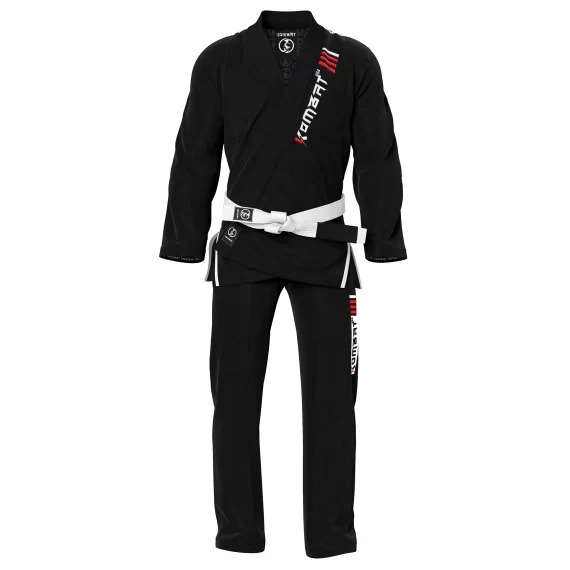Introduction
When it comes to Brazilian Jiu-Jitsu (BJJ), hygiene and cleanliness are paramount. One of the most crucial aspects of maintaining good hygiene in your BJJ practice is ensuring your bjj gi, the traditional uniform worn during training, is clean. But how often should you wash your BJJ Gi? In this article, we’ll delve into the factors that influence the frequency of washing your BJJ Gi, and provide you with a clear guideline to ensure you stay fresh, comfortable, and respectful on the mats.
Understanding the Importance of a Clean BJJ Gi
A clean BJJ Gi is not only a matter of etiquette but also a key factor in preventing the spread of germs and infections. The intense physical contact and grappling involved in BJJ create an environment where sweat, dirt, and bacteria can accumulate on your Gi. Regular washing is essential to prevent skin infections, bad odors, and to maintain the overall cleanliness of your training gear.
Factors Influencing Washing Frequency
1. Intensity and Frequency of Training
The more you train, the more often you’ll need to wash your bjj gi. If you’re training daily or engaging in intense sessions, consider washing your Gi after every use.
2. Personal Hygiene
If you sweat excessively during training, it’s advisable to wash your Gi after each session to maintain freshness and prevent bacterial growth.
3. Climate and Environment
Hot and humid climates can lead to quicker bacteria growth and odors. In such conditions, washing your Gi more frequently might be necessary.
4. Bacterial Infections
If you or your training partners have any skin infections, wash your Gi immediately after training to prevent the spread of germs.
Recommended Washing Frequency
H1: Regular Washing Routine
To strike a balance between hygiene and gear longevity, follow this recommended routine:
H2: After Every Training Session
After each training session, especially if it’s intense, it’s best to wash your BJJ Gi. This prevents bacteria and odors from setting in.
H2: Every Few Days
If you’re training less frequently, washing your Gi every two to three sessions should suffice.
H2: Precautions for Delayed Washing
If circumstances prevent immediate washing, hang your Gi in a well-ventilated area and avoid leaving it in a damp gym bag.
H1: Washing Tips
H2: Use Cold Water
Wash your Gi in cold water to prevent shrinkage and maintain fabric integrity.
H2: Mild Detergent
Opt for a mild, fragrance-free detergent to avoid skin irritation and fabric damage.
H2: Avoid Fabric Softeners
Fabric softeners can create a barrier that traps odors and bacteria. Skip them when washing your Gi.
H2: Gentle Cycle
Use a gentle cycle on your washing machine to prevent excessive wear and tear.
H1: Drying Your BJJ Gi
H2: Air Dry
Hang your Gi to air dry in a well-ventilated area. Avoid direct sunlight, as it can fade the fabric.
H2: Avoid Dryers
High heat can cause shrinkage and damage the fibers, so avoid using a dryer.
Conclusion
Maintaining a clean BJJ Gi is not only a matter of respect but also essential for your health and the health of your training partners. By following a consistent washing routine and adhering to proper care guidelines, you can ensure that your BJJ Gi remains fresh, comfortable, and free from bacteria.
FAQs
Q1: Can I wash my BJJ Gi with my regular laundry?
It’s best to wash your BJJ Gi separately to avoid cross-contamination and prevent excessive wear on both your Gi and regular clothing.
Q2: Should I use bleach to clean my Gi?
Bleach can damage the fabric and affect the color of your Gi. Stick to a mild detergent for optimal results.
Q3: Can I train without a Gi to avoid the hassle of washing?
While no-Gi training is an option, traditional Gi training offers unique benefits and techniques that are worth experiencing.
Q4: How do I remove stubborn stains from my BJJ Gi?
Treat stains with a stain remover before washing, and avoid using hot water, as it can set the stain.
Q5: Can I use a fabric softener sheet while air drying?
No, fabric softener sheets can leave a residue on the fabric. Stick to air drying without them.
Read more: Click here




